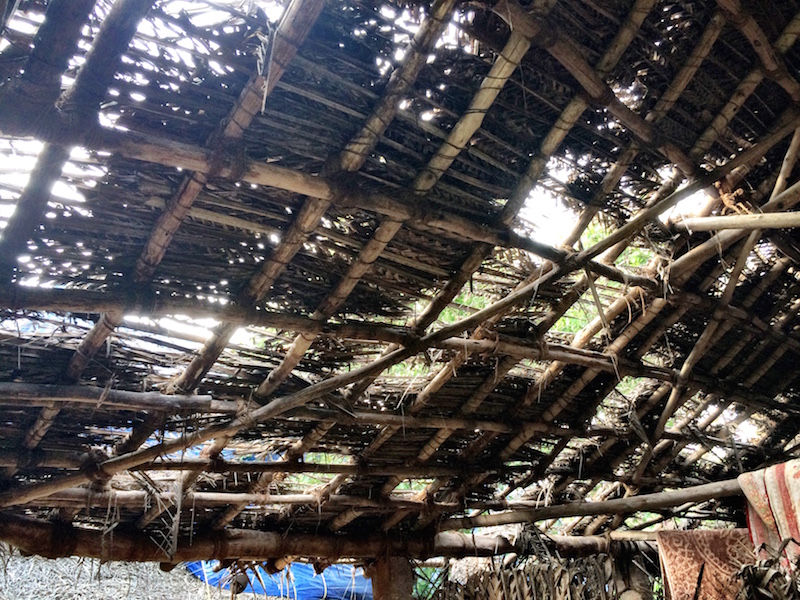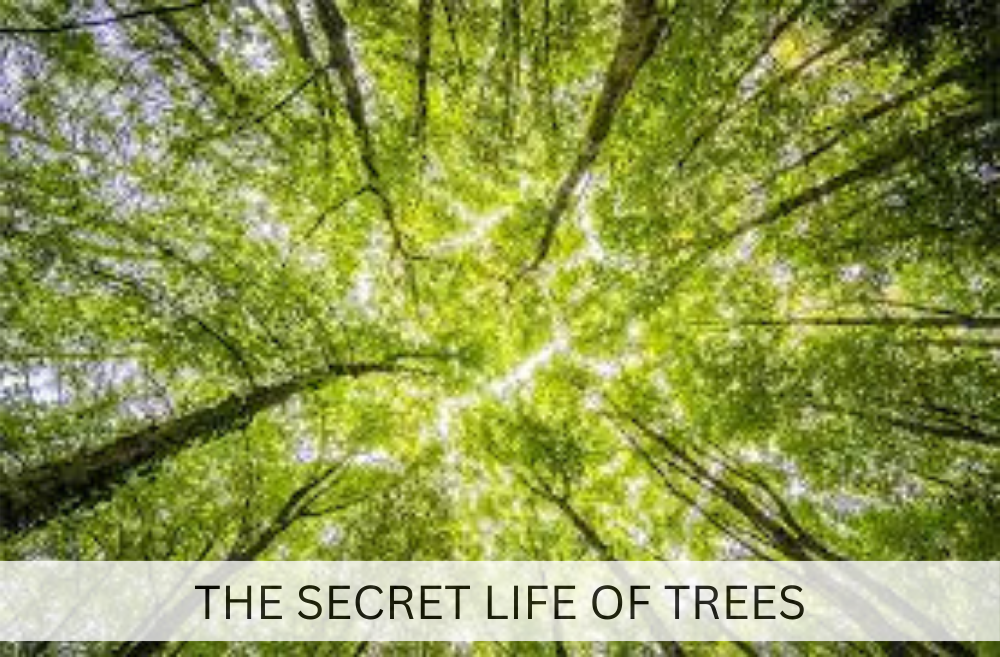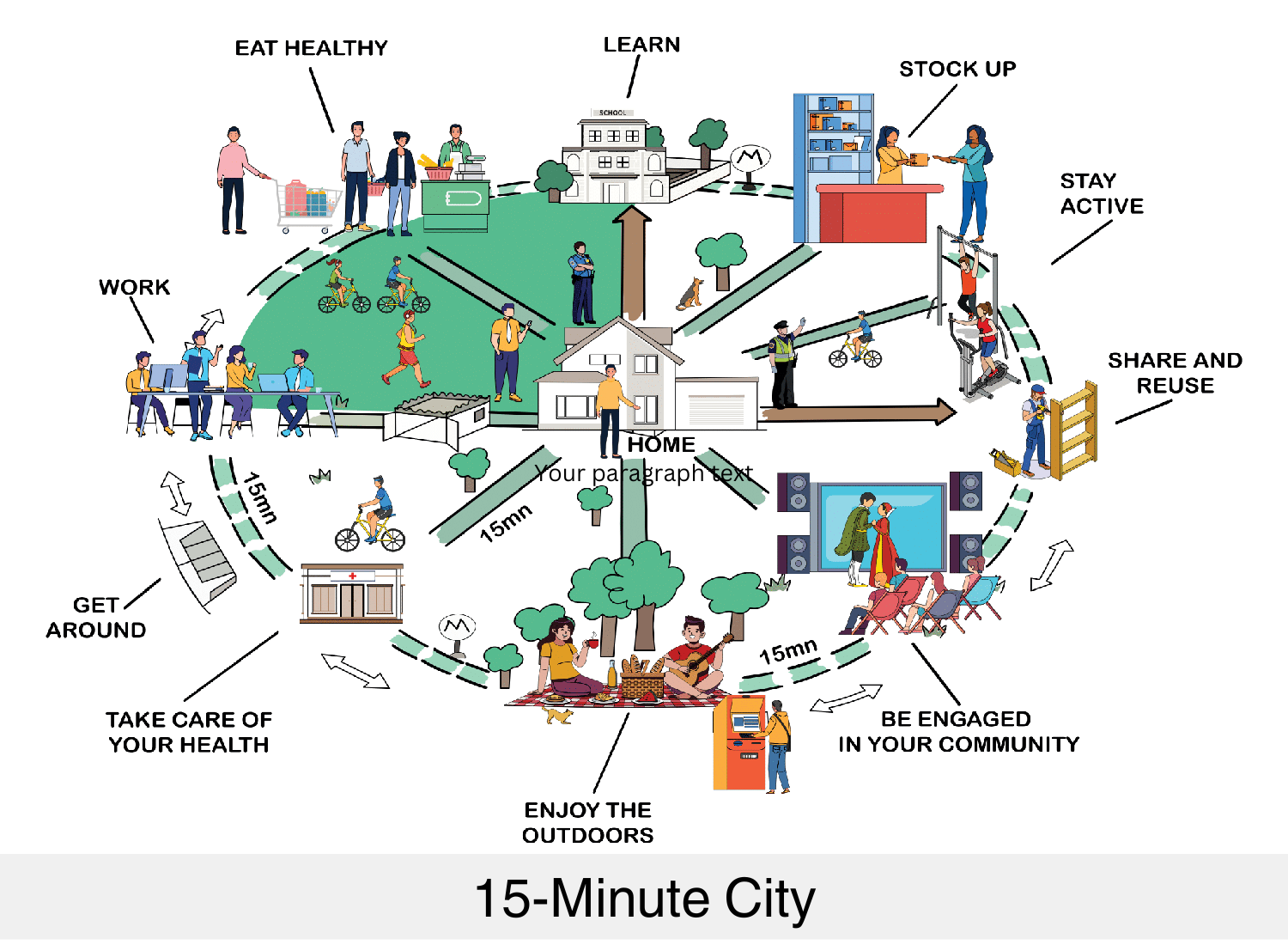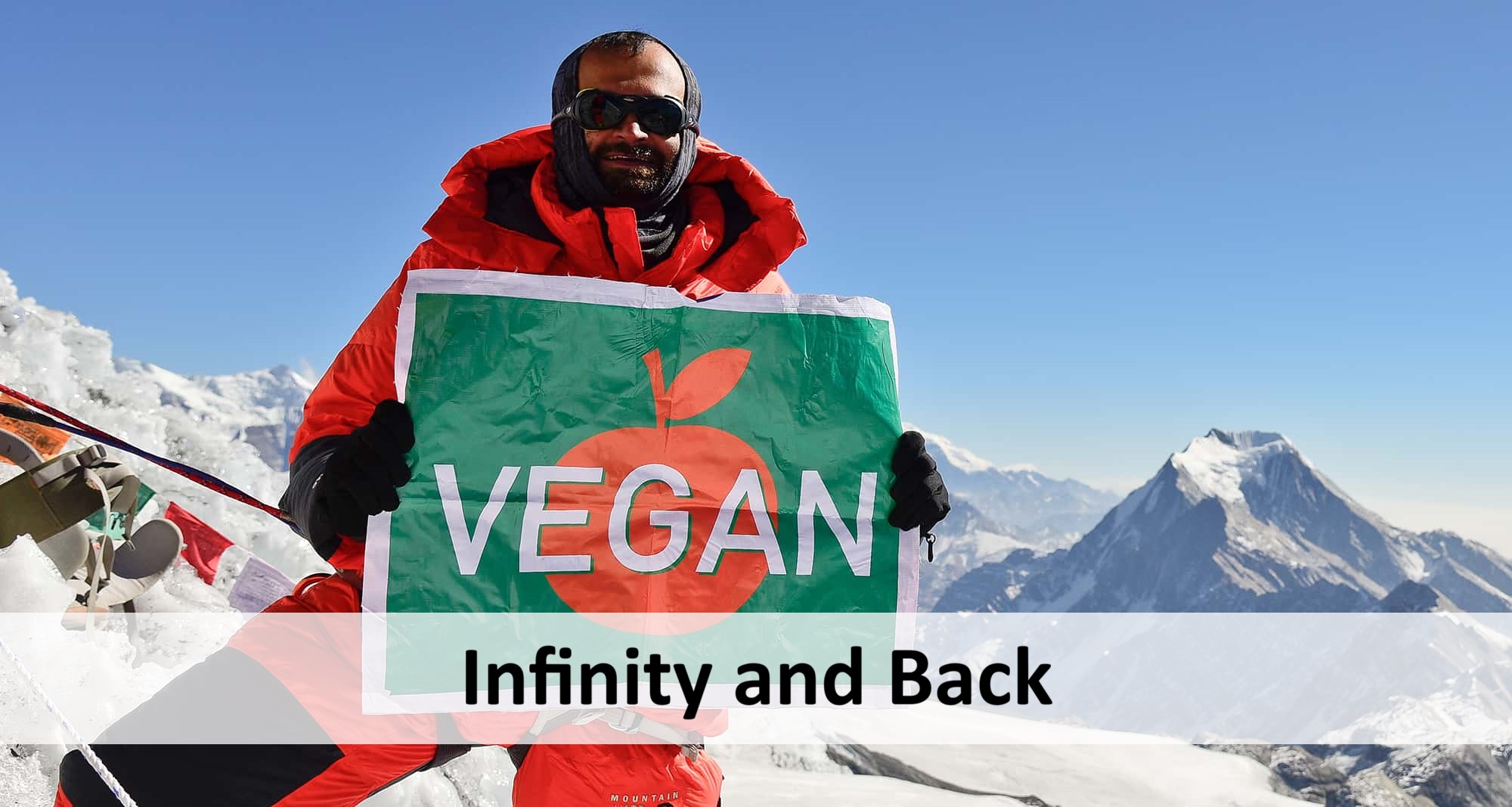After several years of keeping Sadhana Forest India participants and visitors dry and sheltered, the roofs of our dormitories and long-term huts need repair and replacing! And thanks to a very generous matching offer though A Well Fed World, your donation can go twice as far! A Well Fed World is matching 100% of donations to Sadhana Forest up to $25,000 USD, and we are thrilled to use this opportunity to get the word out and move forward with our reforestation efforts and our vegan and environmental outreach.
[justified_image_grid ids=7738,7737,7727,7726,7725,7724,7723 row_height=240]
In order to prepare for the monsoon this fall, we urgently need help to get the work underway as soon as possible! Several roofs, including the roof of our primary dormitory, are so badly damaged that they provide no protection at all from the rain, making the space entirely unusable. In addition, most of the small private huts that house our long-term participants, who have committed to Sadhana Forest for several years, are leaking badly onto beds and possessions.
Sadhana Forest strives to use local and sustainable materials as well as both traditional and innovative building techniques that are in harmony with the ecosystem and local environment. Until now, this has meant constructing roofs out of keet (coconut palm leaves). Keet is readily available and naturally insulating in hot climates, making it a practical and sustainable choice. The challenge with keet roofs is that they have to be replaced every two to four years, which is a large and recurring expense.
In our effort to experiment with and showcase sustainable methods as well as to promote recycling, we have decided to replace the dormitory roofs with sheeting made from recycled Tetra Pak.
Tetra Pak is a common food packaging used to store and transport prepared foods like juices, milks etc. – in fact it’s the largest food packaging company in the world and growing. Tetra Pak containers are composed of 75% paper, 20% polyethylene and 5% aluminum foil, and while the carbon footprint to produce and use these containers is remarkably low (about 1/10 that of an equivalent glass bottle), they are quite difficult to recycle. While efforts are being made to open special recycling units, much of the 360,000 tons of Tetra Pak sold each year in India still ends up in the landfill.
One creative solution for recycling Tetra Pak is to shred it, agitate it in water to remove the paper pulp and compress the remaining plastic and aluminum into roofing and siding sheets.
While this technique will be costlier up front, we expect the Tetra Pak roof to last more than four times as long as the keet roofs, saving a lot of money and the hassle of more frequent replacements in the long run. In addition, taking this step will enable Sadhana Forest to promote and showcase alternative and green construction techniques to the many thousands of visitors passing through each year.
| Cost of three Tetra Pak dorm roofs | $33,600 USD |
|---|---|
| Cost of a Tetra Pak roof for Children’s Land Main Hut | $10,000 USD |
| Cost of Tetra Pak roofs for the toilets and showers | $9,000 USD |
To make a donation, please click here.
For tax exempt donations in Belgium, Canada, France, Germany, the UK and USA, click here.
Please consider taking advantage of a Well Fed World’s kind offer and help us stay dry and at the forefront of sustainable innovation!





Marlyse says:
June 22, 2015 at 1:07 pm -
It seems strange to me that you will use aluminium and plastic to make roofs, rather than the natural, renewable material at hand, the leaves of trees. Do you know that plastics leach endocrine disrupting chemicals* especially when heated? Do you know that aluminium is a very efficient heat conductor? The roofs may last a bit longer, but will the houses be healthy and comfortable?
*BPAs are linked to male infertility, obesity and many other health problems.
Carolina Gorospe says:
July 1, 2015 at 12:47 am -
Dear Sadhana Forest,
I would love to help and do a volunteering in Sadhana Forest during the next months. I am a 23 year old architecture student from Madrid. I always wanted to go to India. I found you through an indian friend who I talked about veganism and wanting to volunteer there and he talked me about Auroville. Then looking through I found your organization. I will be graduating next year but I want to do somethingelse in life. I would be very grateful to know what are the steps for me to make and arrange the Thank you dearly,
Carol.
Andapo says:
November 12, 2015 at 6:21 pm -
It is very good that the community believes in eco friendly and sustainable living. Great idea to make use of recycled Tetra Pak for the roofs, a nice alternative to the Keet…
Sivakumaran Anoth says:
January 22, 2016 at 4:22 am -
I would like to do a volunteering in Sadhana Forest during April, please guide me.
stig says:
February 1, 2016 at 8:42 am -
Guys thats 4 lakh rupees to do up the roofs. I’m sure you can find cheaper and more economical ways to fix the roofs. I agree with Marlyse.
Deepanjana Sarkar says:
February 4, 2016 at 10:01 am -
Guys, please get int touch with Mr Bidyut Roy, in Shantiniketan, Birbhum, West Bengal. Bidyut is a painter turned alternative architect. He makes houses with mud, wood, bamboo, stones. His own house is a living example of this. He has made similar such houses in Sunderbans, Manipur, Orissa, and other places. The roof of the houses made by him are made of palm tree leaves and/or leaves of hogla plant, which is one kind of grass cultivated in the marshy lands.